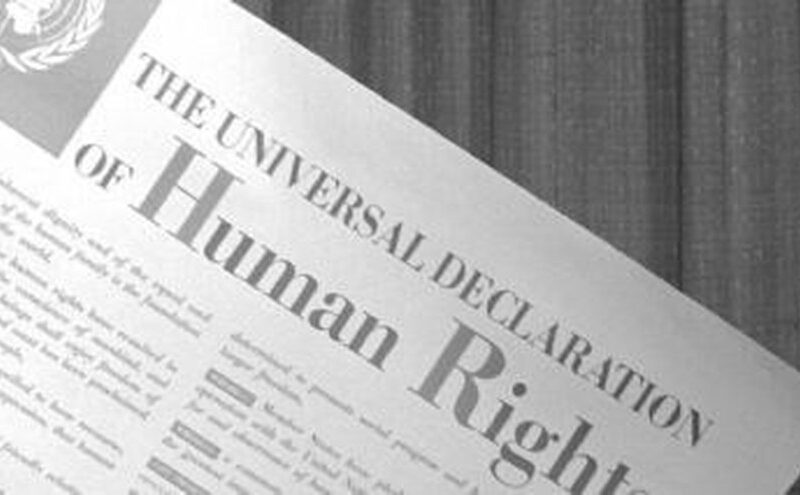In the modern age, the rise of civil rights has drawn an increasingly intricate and sophisticated map of individual freedoms. However, among the multitude of voices populating the public debate, there exists a persistent and deeply rooted misconception: the belief that the assertion of a right translates into a moral or social obligation. It’s time to clarify: rights do not oblige.
Take, for instance, the right to divorce. Introduced as a means of liberation from the chains of an unhappy or dangerous marriage, it has never mandated a duty to end the marital bond. Its essence was not to decree the end of the sanctity or importance of marriage, but rather to offer an exit for those who feel the need. Yet, many see in this right a threat to the institution of marriage, as if granting a choice equated to imposing it.
Similarly, the recognition of same-sex marriage has not made it obligatory for everyone to desire a union with a same-gender partner. It has rather broken down a barrier, allowing those who were previously excluded to claim their own emotional and legal freedom. This isn’t about altering others’ orientation or identity but about expanding the perimeter of freedom.
Another evident example is the right to abortion. The ability to terminate a pregnancy has never intended to become a standard practice for all pregnant women. It is, instead, an option for those facing emergency situations, for those who assess that it’s not the right time, or for those who simply choose a different life path. It doesn’t promote abortion, but recognizes and respects the complexity of female life and the sanctity of choice.
We could continue listing other rights: the right to not profess any religion doesn’t mean everyone must become atheists; the right to free speech doesn’t imply that everyone should express controversial opinions; the right to education doesn’t force everyone to earn a doctorate. And so on.
The crucial point of this reasoning is simple, yet fundamental: a right is an opportunity, not a duty. It represents the freedom to choose, not the obligation to adhere. And in a democratic society, where the plurality of voices and choices is the real wealth, it’s essential that every individual can exercise their rights without feeling obliged to conform to a single or dominant model.
The confusion between rights and obligations often stems from unfounded fears or a misunderstanding of the nature of rights themselves. Society progresses when it expands freedoms, not when it restricts them. And in an era of rapid and profound changes, it’s our duty, as citizens, to remember and reiterate that the affirmation of a right is an expansion of our freedom, not a restriction of it.












